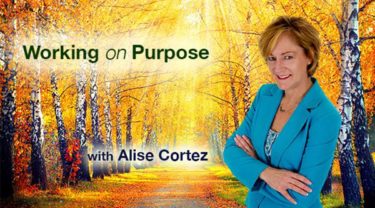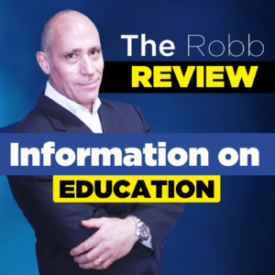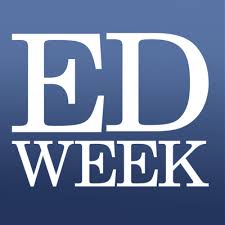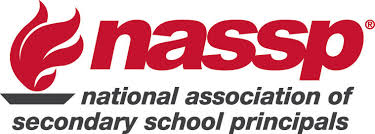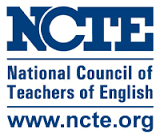
Guest Robb Review Author: Linda Hoyt!
For many years, I have called for a stronger emphasis on informational sources in primary classrooms. Now, it is exciting to see primary teachers actively helping children understand that they can learn about the world while they learn to read and write. Everywhere I go, I see more informational selections on display and in the hands of independent readers. I celebrate as emergent and developing writers capture facts in pictures, labels, notes, sentences and multiple page books! These eager researchers read and write in collaboration with partners and take great pride in generating questions that fuel more reading, more research, and more writing! (Can you hear me clapping?)
Most of all, I applaud the increasing number of teachers who are clearly understand that their role is not to transmit information, but rather to ignite a sense of wonder—to help kids live a curious life. In classrooms that are driven by curiosity and wonder, learners erupt with literate vigor and writing becomes a natural extension of the learning.
Informational writing used to be saved for genre studies in which young writers created a set of directions or engaged in crafting a report about animals. But, evidence now suggests that this limited view of nonfiction writing is too little—too late! We now know that forward-thinking educators weave explicit scaffolds for nonfiction reading and nonfiction writing into the fabric of daily literacy instruction, making sure that children write for a wide variety of purposes and experience a broad base of nonfiction text types in every subject area—every day.
Some teachers express concern that informational writing should wait until foundational skills are in place. But, extensive evidence suggests children do not need to have correct spelling, complete sentence structures, deep content knowledge, or well-developed writing traits in place before they begin to engage as nonfiction writers. They will develop these essential skills as a natural extension of modeled writing, coaching conferences, revising, editing and presenting their work. They WILL learn as they go. With each successive writing experience, word-building skills will grow and the writing will gain sophistication.
The key: Don’t expect perfection—expect growth.
Modeled writing is a critical element of accelerating the development of informational writing. Take time to think aloud as you write under the watchful eyes of your students. Let them hear what is in your mind as you capture an interesting fact on paper, insert a label on a diagram, or list the attributes of a tree frog. Help them to notice that sketches carry information and support the message, and that even adult writers pause frequently and experiment with different ways to craft a sentence. When young children see you write, they have a powerful window into meaning, grammar, word construction, and use of space on the page. So, dive in and “Just do it!”
I am so excited about how the children are writing, especially in comparison to years past. It is early in the year and my kindergarteners are confident with several text types and absolutely love to write. We have lists, notes, and multi-page books that look like they were done by much older students. Thank you for helping me to believe… They are more accomplished writers and I am a more accomplished teacher.
Sandy Gordon, kindergarten teacher, Hudson, Ohio
Learn more about Linda! Check out her website!
Follow Linda on Twitter: @lindavhoyt
![]()







